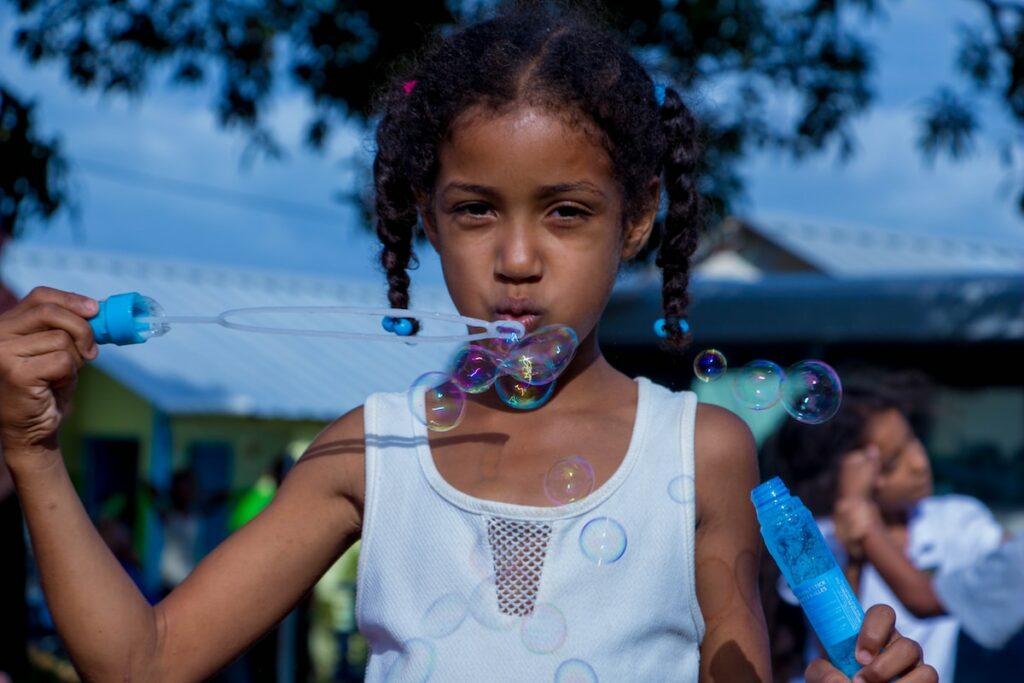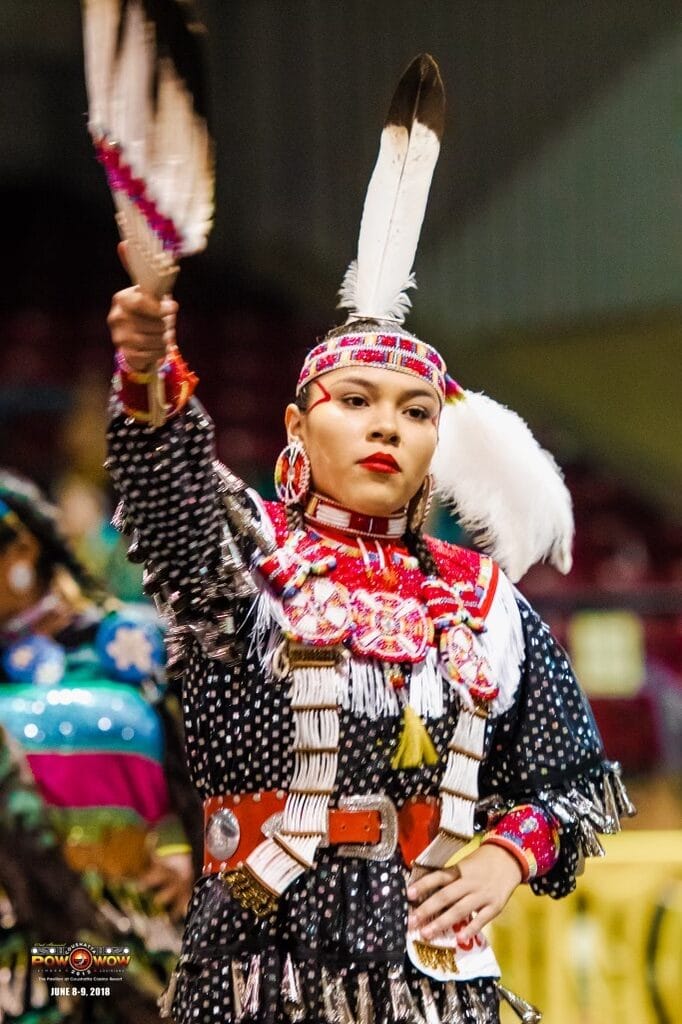Dominican Women Facing Child Marriage, Teen Pregnancy and Abortion Bans
In the Dominican Republic, brave women are facing the complex realities of child marriage, teen pregnancy, and abortion bans. This battle unfolds against a backdrop of religious influence, governmental promises, and the urgent need for comprehensive sex education.

In the heart of the Dominican Republic, women struggle to address the complex realities on child marriage, teen pregnancy and the challenging landscape of total abortion bans. This battle is set against a backdrop of religious influence, governmental promises, and the urgent need for comprehensive sex education.
The Dominican Republic stands as one of four Latin American nations where abortion is criminalized without exceptions. Women and healthcare providers face severe penalties for engaging in or facilitating abortion procedures. The strong influence of the Catholic and evangelical lobbies, with the Bible on the country’s flag, has created significant resistance against the decriminalization of abortion.
In a recent article by Associated Press we learned that Marcia González and her husband have pushed for broader sex education in the Dominican Republic for 40 years. President Luis Abinader pledged to decriminalize abortion during his 2020 campaign, but progress has been slow, and the decision hangs in the balance pending his potential re-election in May. In this challenging environment, activists like Marcia González are taking proactive steps to address related issues affecting young girls.
Teenage Clubs- a Solution for Sex Education for Dominican Women
To combat the lack of comprehensive sex education and inadequate access to contraception, González and other activists have established “teenage clubs” teaching sex education at a local school. These clubs serve as safe spaces for adolescents to learn about sexual and reproductive rights, self-esteem, gender violence, financial literacy, and other crucial topics. The ultimate aim is to empower young Dominican women to make informed decisions about their bodies and futures.
Challenges Beyond Pregnancy
While the impossibility of terminating a pregnancy under strict abortion laws is a concern, the challenges faced by Dominican girls extend beyond this. Poverty is a significant factor, pushing some mothers to marry their underage daughters to much older men. Activists argue that nearly 7 out of 10 women experience gender violence, including incest, and many families remain silent about sexual abuse.
Statistics indicate that, in 2023, 42 out of every 1,000 adolescents between the ages of 15 and 19 became mothers, according to the United Nations Population Fund. Furthermore, until 2019, child marriage was prevalent, with over a third of Dominican women marrying or entering free unions before turning 18. Although child marriage has been officially prohibited since 2021, community leaders argue that the practice persists due to normalization and lack of awareness about the new statutes.
In the face of total abortion bans and persistent challenges related to child marriage and teen pregnancy, Dominican women are actively engaged in grassroots efforts to bring about change. Marcia González and her fellow activists are working tirelessly to provide education, support, and empowerment to the younger generations, with the hope that informed choices and increased awareness will pave the way for a more equitable and just future for Dominican women. As the government contemplates the decriminalization of abortion, the efforts of these individuals on the ground remain crucial for building a society that prioritizes the rights and well-being of its women.
Do you want to share your story and inspire our readers ? Know that every story is paving the way for a brighter, happier future.




